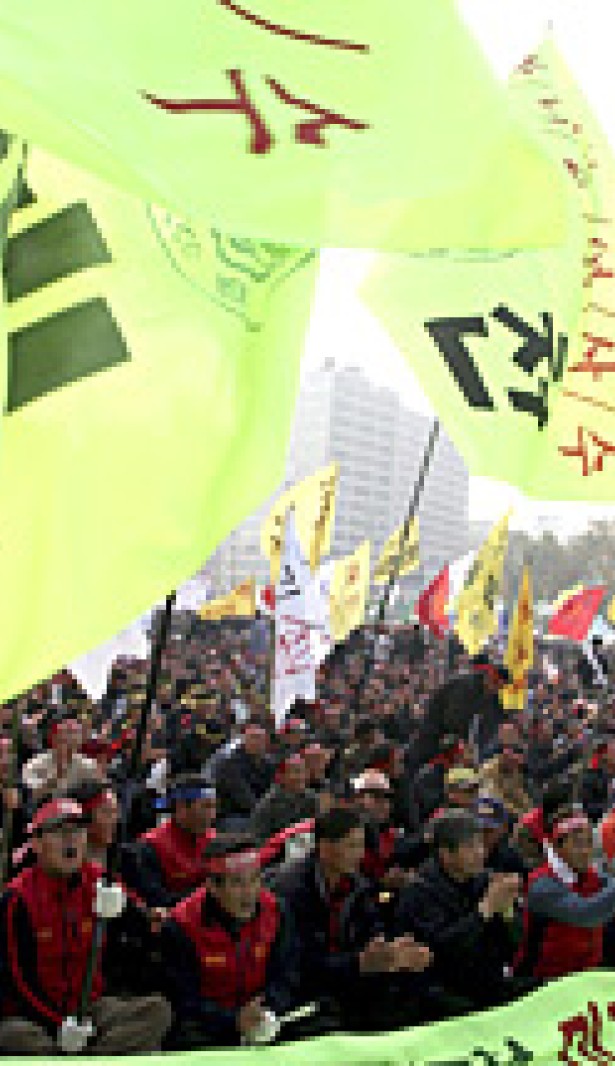Human rights in the trade arena
25 October 2011

We all have the right to food, health, water, and development. Trade is an opportunity for a country’s growth and for the advancement of these human rights. At the same time, trade can also have a negative influence on these human rights.
“Trade agreements invariably affect the human rights of consumers, residents, workers, those in poverty and others, and on the ability of States to regulate and protect the human rights of their people. However, trade agreements are often negotiated without reference to their impact on the rights to health, education, food, work, and water,” according to a joint report from the UN Human Rights office (OHCHR) and United Nations Development Programme (UNDP).
The purpose of human rights analysis in trade issues is to explore how “trade affects the enjoyment of human rights and how the promotion and protection of human rights can be placed among the objectives of trade reform.”
In a recent panel during a World Trade Organization (WTO) Public Forum, human rights and trade experts debated ways in which human rights can be woven into the fabric of the international trading system, including the WTO Dispute Settlement and Trade Policy Review Mechanisms. The panel sought to identify avenues for ensuring coherence and synergy between human rights and trade law.
Disputes arise when a government believes another government is violating a commitment it has made under the WTO rules regarding, for example, customs, taxes, and tariffs. The Trade Policy Review Mechanism monitors the national trade policies of each country.
According to Sanya Reid Smith, legal advisor for the Third World Network, trade policies can have a negative impact on the enjoyment of human rights, such as the impact of farming subsidies in developed countries on the right to food in developing countries and the adverse impact on the right to health of trade-related intellectual property rights. Smith also mentioned the negative impact of speculation in food commodities on the right to food or the impact of loss in tariff revenue through liberalization in the services sector.
Hunter Nottage, legal counsel for the Advisory Center on WTO Law, pointed out that, to date, human rights have not been raised before the WTO Dispute Settlement Mechanism. In light of the current rules of the Dispute Settlement Mechanism, Nottage believed that human rights might be used as interpretative sources or evidentiary material.
James Harrison, Co-Director of the Center for Human Rights in Practice at the University of Warwick, School of Law, said that human rights can be utilized as useful methods for solving fundamental justice issues in the trade arena. Human rights can be used as “analytical modes” to properly assess the impact of trade rules on the enjoyment of human rights in individual countries.
An example of this type of analysis is Canada and Colombia’s free trade agreement, which features a separate side-agreement calling for both countries to produce annual reports on the impact of the Free Trade Agreements on human rights in each country. “This is particularly important because it represents the first attempt by governments to undertake this kind of analysis,” Harrison said.
The Canada and Columbia agreement is drawing from the “draft guiding principles on human rights impact assessments of trade and investment agreements” developed under the auspices of the United Nations Special Rapporteur on the right to food.
25 October 2011

VIEW THIS PAGE IN:



